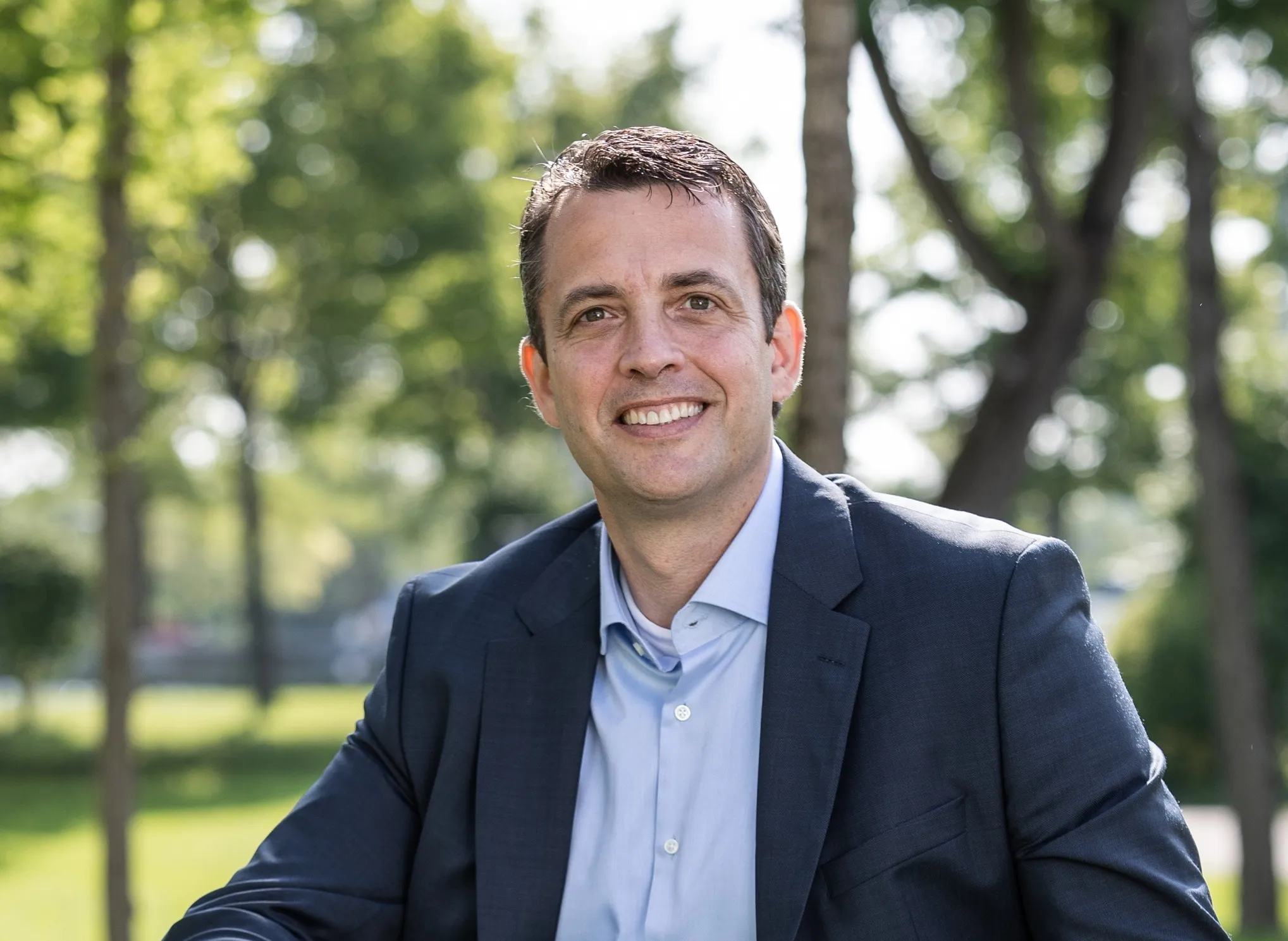
Former Yunex Traffic boss Markus Schlitt has taken over as CEO and managing director of autonomous vehicle specialist Holon.
The appointment of Schlitt comes as Holon’s fully-driverless shuttle, named Holon Urban, is set to be tested sometime this year on the streets of Hamburg, Germany, as part of the first pilot project.
Holon is a joint subsidiary of the Benteler Group and Tasaru Mobility Investments.
"Development of our autonomous shuttle is in full swing,” said Ralf Göttel, CEO of Benteler. “Since the end of last year, the first prototypes have been successfully undergoing test drives. Step by step, our vision of revolutionising local public transport is becoming reality. Markus Schlitt is a proven expert in intelligent urban mobility solutions. His expertise will help to further consolidate the ecosystem around our vehicles.”
Schlitt succeeds Henning von Watzdorf, who is currently in talks about a new management role within Benteler.
Schlitt was CEO of Yunex until March last year, and before that was CEO of the ITS business at Siemens Mobility. At Holon, he will strengthen the management team around Clemens Rengier, the chief financial officer, and Flavio Friesen, chief technical officer.
Von Watzdorf, while CEO, oversaw the agreement with Tasaru Mobility Investments, the decision for the first production site in Jacksonville, Florida, plus the successful launch and test phase of the first prototype, as well as the first purchase decisions from transportation companies.
Holon says that its Holon Urban is one of the first autonomous, fully-accessible vehicles of its kind designed for local public transport, ride-pooling services and campus mobility solutions. It has a capacity of up to 15 people and a top speed of 60km/h.







